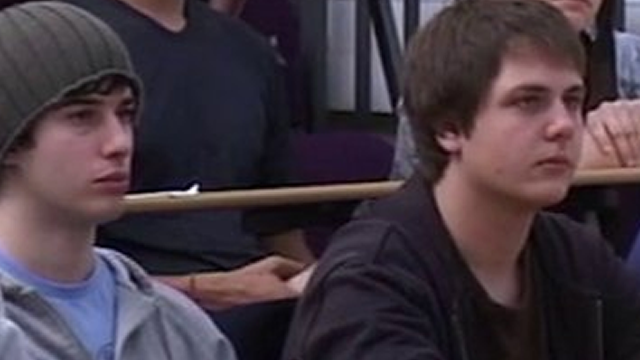
Unit 4, Video 1 – Presentation openings (Exercise 1.1)
Click here for supplementary interactive exercises
Opening 1
Good morning, everyone. Before I start my presentation, I’d like to ask you all a question. How many of you here today have eaten junk food in the last week? Put your hand up please if your answer is yes. Hmmm, that’s almost everyone. Now that’s very interesting, because the topic of my presentation today, is junk food and how it’s contributing to teenage obesity.
Opening 2
Good morning, everyone. Before I start my presentation today, I’d just like to share a few facts with you. As I’m sure you all know, here in Scotland, we have the highest mountain in the UK. I’m proud to say that we also have the largest freshwater lake. But let me tell you something that I’m not very proud about. According to a recent survey, Scotland has the highest incidence of teenage obesity, not only in the UK, but in all of Europe. And in my presentation today, I’m going to be looking at junk food and how its consumption is contributing to the problem.
Opening 3
Good morning, everyone. Before we get started, I have a little task for you. Can you stand up please, if you’ve had any junk food in the last week? Hmmm, that looks like more than half of you, which is very interesting, because the topic of my presentation today is junk food and how its consumption is contributing to teenage obesity.
Opening 4
Good morning, everyone. Before we get started, I’d just like you to listen to something. It’s part of a poem by the writer, Barbara Rice:
So many nights, I whimpered and cried,
Thought that my prayers had all been denied.
Stuffing my feelings, ashamed of my plight,
Trying to stop, with all of my might.
Shoving in cold spaghetti, at three in the morning,
Frying shrimps by the time the daylight was dawning.
Drinking gallons of soda, my heart wildly beating,
Hating myself, ’cause I couldn’t stop eating.
The monster in me would come out to play,
And as much as I begged him, he wouldn’t go away.
Morning would come, and that is when,
The whole vicious cycle would start once again …
The title of that poem is Out of Hell: Reflections On Losing 150 Pounds and if you haven’t already guessed, the topic of my presentation today is junk food and teenage obesity.
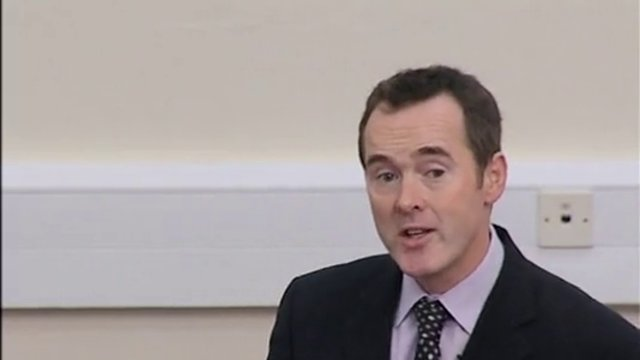
Unit 4, Video 2 – Presentation openings (Exercise 1.1)
Opening 1
Good morning, everyone. Before I start my presentation, I’d like to ask you all a question. How many of you here today have eaten junk food in the last week? Put your hand up please if your answer is yes. Hmmm, that’s almost everyone. Now that’s very interesting, because the topic of my presentation today, is junk food and how it’s contributing to teenage obesity.
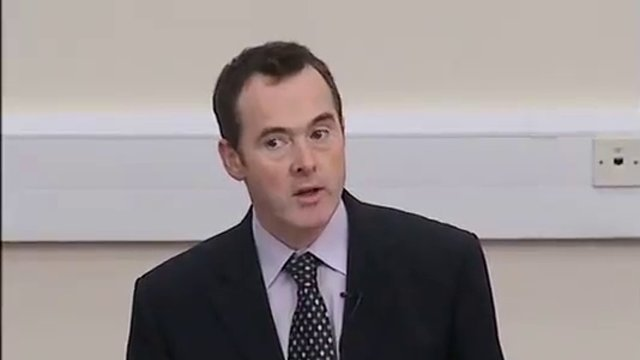
Unit 4, Video 3 – Presentation openings (Exercise 1.1)
Opening 2
Good morning, everyone. Before I start my presentation today, I’d just like to share a few facts with you. As I’m sure you all know, here in Scotland, we have the highest mountain in the UK. I’m proud to say that we also have the largest freshwater lake. But let me tell you something that I’m not very proud about. According to a recent survey, Scotland has the highest incidence of teenage obesity, not only in the UK, but in all of Europe. And in my presentation today, I’m going to be looking at junk food and how its consumption is contributing to the problem.
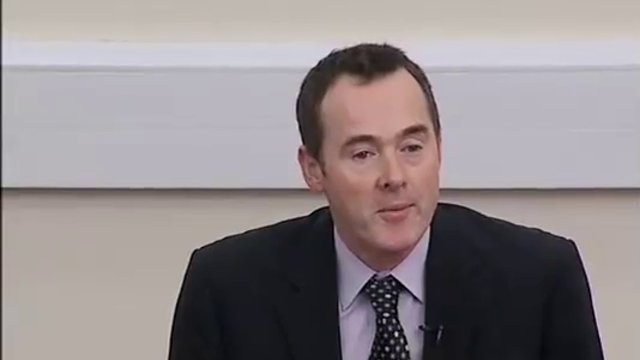
Unit 4, Video 4 – Presentation openings (Exercise 1.1)
Opening 3
Good morning, everyone. Before we get started, I have a little task for you. Can you stand up please, if you’ve had any junk food in the last week? Hmmm, that looks like more than half of you, which is very interesting, because the topic of my presentation today is junk food and how its consumption is contributing to teenage obesity.
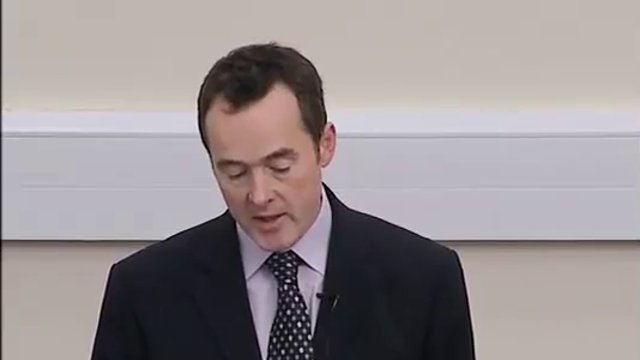
Unit 4, Video 5 – Presentation openings (Exercise 1.1)
Opening 4
Good morning, everyone. Before we get started, I’d just like you to listen to something. It’s part of a poem by the writer, Barbara Rice:
So many nights, I whimpered and cried,
Thought that my prayers had all been denied.
Stuffing my feelings, ashamed of my plight,
Trying to stop, with all of my might.
Shoving in cold spaghetti, at three in the morning,
Frying shrimps by the time the daylight was dawning.
Drinking gallons of soda, my heart wildly beating,
Hating myself, ’cause I couldn’t stop eating.
The monster in me would come out to play,
And as much as I begged him, he wouldn’t go away.
Morning would come, and that is when,
The whole vicious cycle would start once again …
The title of that poem is Out of Hell: Reflections On Losing 150 Pounds and if you haven’t already guessed, the topic of my presentation today is junk food and teenage obesity.

Unit 4, Video 6 – Alternative openings a (Exercise 2.0)
Asking the audience a question
Before I start my presentation today, I’d like to ask you all a question. How many of you are married? Put your hand up please if your answer is yes.
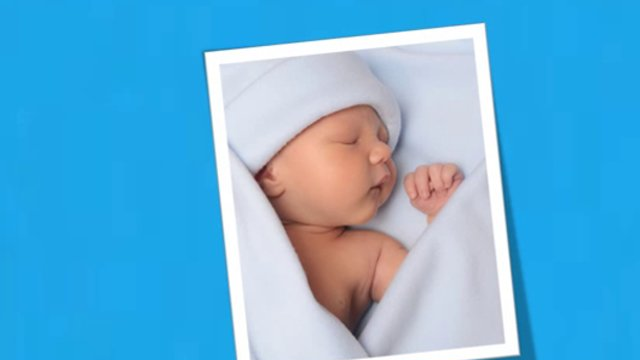
Unit 4, Video 7 – Alternative openings b (Exercise 2.0)
Click here for supplementary interactive exercises
Asking the audience a question
Good afternoon everyone. Before we get started, I have a quick question. Who was born before 1985? Please raise your hand if the answer is yes.
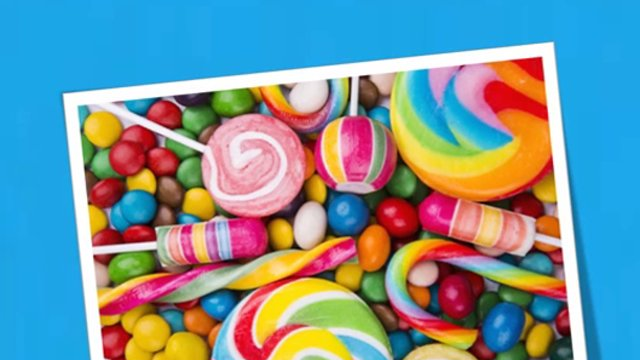
Unit 4, Video 8 – Alternative openings a (Exercise 2.0)
Asking the audience to do something
Before I start my presentation today, I’d like to carry out a small experiment. Can you stand up please, if you’ve had any junk food in the last week?
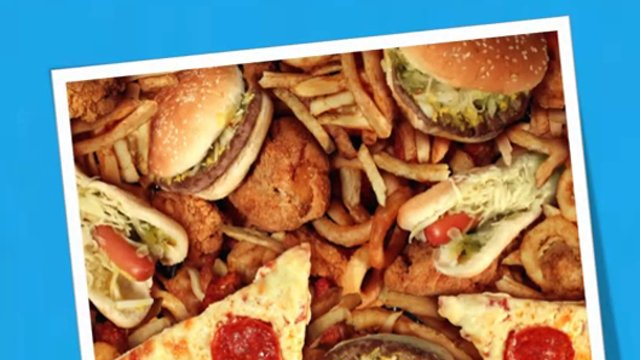
Unit 4, Video 9 – Alternative openings b (Exercise 2.0)
Click here for supplementary interactive exercises
Asking the audience to do something
Good morning, everyone. Before we get started, I have a little task for you. Can you stand up please, if you’ve had any junk food in the last week?

Unit 4, Video 10 – Alternative openings (Exercise 2.0)
Click here for supplementary interactive exercises
Getting the audience’s attention with some unexpected information
Good afternoon everyone. Before I start my presentation today, I’d like to share a few facts with you. As you probably all know, Scotland has the highest mountain in the whole of the UK. You may also have heard that Scotland has the largest freshwater lake in the UK. But I wonder how many of you realize that according to a recent survey, Scotland has the highest incidence of teenage obesity, not only in the UK, but in all of Europe?

Unit 4, Video 11 – Word stress and meaning 1 (Exercise 3.0)
Click here for supplementary interactive exercises
a) The situation isn’t going to improve. The situation is not going to improve.
b) There wasn’t any point in them doing that. There was no point in them doing that.
c) It’s been a very difficult time. It has been a very difficult time.
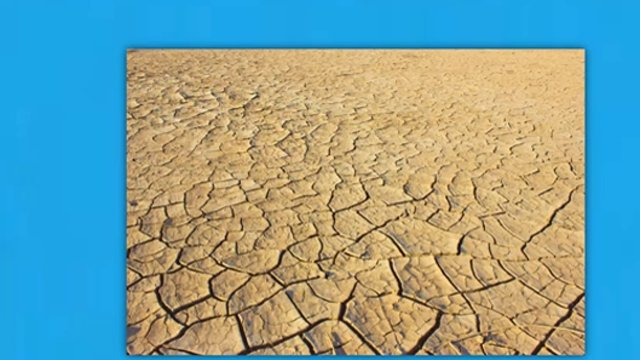
Unit 4, Video 12 – Word stress and meaning 2 (Exercise 3.1)
Click here for supplementary interactive exercises
a) Global warming is not going to go away by itself.
b) We are trying to do something about it.
c) It has been difficult to convince people.
d) It is a worldwide issue.
e) We cannot ignore what the planet is telling us.
f) We are going to have to change our habits.
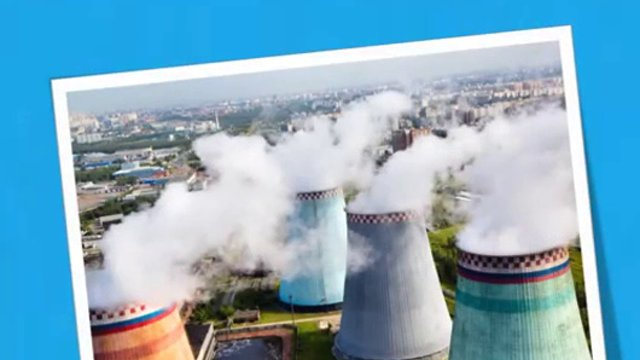
Unit 4, Video 13 – Word stress and meaning 3 (Exercise 3.3)
Click here for supplementary interactive exercises
a) It is highly unlikely to change.
b) The long-term effects of global warming are extremely worrying.
c) Doctors are becoming increasingly concerned about teenage obesity.
d) If the WHO receives more funding, the number of deaths can be dramatically reduced.

Unit 4, Video 14 – Language for increasing the impact of presentations 1
(Exercise 4.4)
Click here for supplementary interactive exercises
a) Global warming is a serious problem and one that demands our attention. The current climate is much, much milder than it used to be and this is having a number of different effects.
b) One effect of global warming is that the warmer temperatures are causing the glaciers to melt. And from an environmental point of view, the implications of this are likely to be very, very serious indeed.
c) Another consequence of global warming is that we’re noticing some significant changes in animal behaviour. Many, many animals are increasing their grazing range and this is having a knock-on effect on all sorts of things.

Unit 4, Video 15 – Language for increasing the impact of presentations 2
(Exercise 4.5)
Click here for supplementary interactive exercises
a) Without doubt, the current situation is very, very serious.
b) If we received more funding, we could save many, many lives.
c) Our distribution networks are much, much better than they used to be.
d) It is far, far easier to prevent a problem from happening than to solve it later.
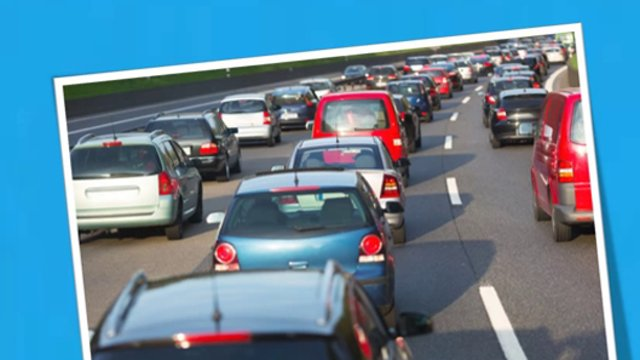
Unit 4, Video 16 – Language for increasing the impact of presentations 3
(Exercise 4.6)
Click here for supplementary interactive exercises
a) As I think you all know, more and more scientists are getting involved in climate research.
b) And of course, the good thing about this is that we’re getting better and better at predicting what the longterm consequences of global warming are most likely to be.
c) But we still have the issue of how we should actually go about reducing greenhouse gas emissions. I think the root of the problem is that global warming affects almost every part of modern society. Take transportation, for example. We’re all so dependant on cars, it’s difficult to imagine our lives without them. And it’s getting harder and harder to come up with affordable alternatives.

Unit 4, Video 17 – Language for increasing the impact of presentations 4
(Exercise 4.7)
Click here for supplementary interactive exercises
a) The temperature of the sea is getting warmer and warmer.
b) More and more people are becoming concerned.
c) Public opinion is growing stronger and stronger.
d) The weather is becoming less and less predictable.
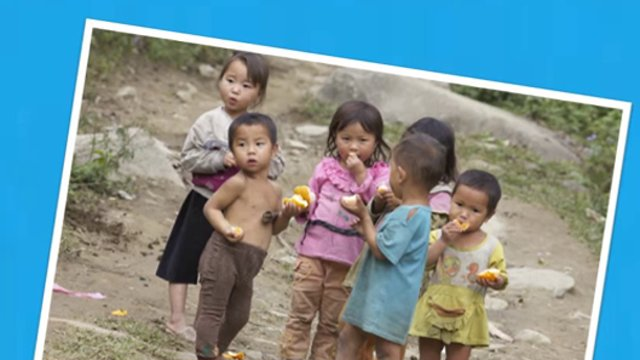
Unit 4, Video 18 – Achieving maximum impact when presenting numbers and data
(Exercise 6.1)
Click here for supplementary interactive exercises
Pair 1
a) So far, 70 people have signed up for the scheme. 56 of them have agreed to participate for at least 6 months.
b) So far, 70 people have signed up for the scheme. 56 of them, in other words 80%, have agreed to participate for at least 6 months.
Pair 2
a) According to one website, on an annual basis, extreme poverty claims the lives of 10 million, 950 thousand children.
b) According to one website, on an annual basis, extreme poverty claims the lives of 10 million, 950 thousand children. Just think about that. If you do the maths, it works out as 30,000 children every day.
Pair 3
a) Nutrition experts agree that most adults need a minimum of around 2,000 calories per day. When the Khmer Rouge were in power in Cambodia, workers in their labour camps were only given around 800 to 1,200.
b) Nutrition experts agree that most adults need around 2,000 calories per day. When the Khmer Rouge were in power in Cambodia, workers in their labour camps were only given around 800 to 1,200. That’s between 40 and 60% – about half the daily recommended allowance.
